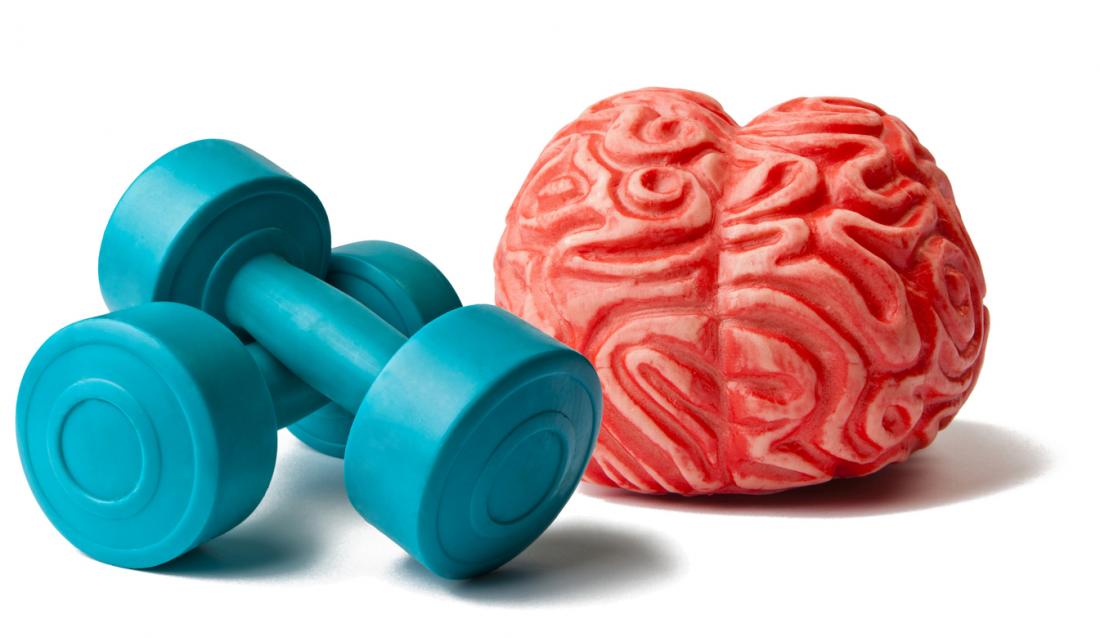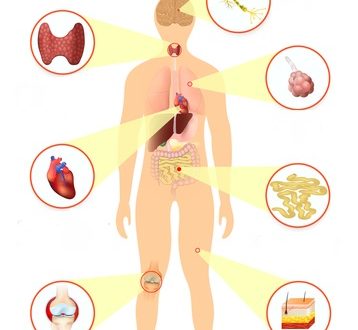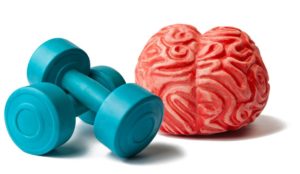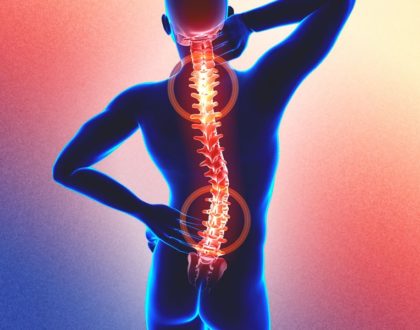Exercise and Memory

Exercise can erase memories?
We all know of or heard the phrase: running clears the mind. It turns out there is a lot to that statement. Exercise in general has the ability to make us think clearer and better, become more creative, and have more energy to finish tasks. Exercise move the blood and increases oxygenation to all parts of the body and specially the brain which thrives on oxygen.
Regular exercise has been linked to increased longevity and lessens that chances of neurodegenerative diseases such as mild cognitive impairment (MCI) and Alzheimer’s disease (AD). What is a surprise with the new findings and the reason I am posting this blog on my website is the surprise finding that exercise can erase memories!
Researchers took a group of mice and placed them in an uncomfortable situation: they were placed in a cage where they got an electrical shock. After the unpleasant experience (electrical shock), they were either allowed to be sedentary in one cage, or be running on a treadmill for two weeks after the unpleasant experience has ended. What they found is that mice that were sedentary after the electric shock episodes remembered the uncomfortable surroundings and avoided it, but mice that went into the cages with the treadmill and which stayed active tended NOT to be bothered by the presence of the uncomfortable cage.
According to new research published in the journal Science, when the brain is busy with neurogenesis, the making of new neurons and their connections, it is not able to lay down memories of what just happened for long term recall. Mice that experienced events that were traumatic or fearful for them, tended to forget the memory if they ran in a thread mill right afterwards than if they didn’t!
Exercise and running, we know, increases neurogenesis, in different parts of the brain, including the hippocampus, which is the structure responsible for laying down memories. And according to these results, neurogenesis, prompted by the exercise, wiped out the mice’s memories of unpleasant events. This experiment may also explain why babies, whose brains exhibit abundant neurogenesis, do not have long-term memories; most adults and adolescents do not remember events from their early days, pleasant or otherwise.
At Summit Healing Arts Acupuncture where TCM and five element acupuncture is practiced, we are well aware of the role of childhood memories and experiences in shaping our actions. Make an appointment if you are experiencing a traumatic event from your childhood or even earlier, as in the womb. Acupuncture is amazing at the problems it helps with
Recommended Posts

Unlocking Relief: How Acupuncture Can Be Your Ally in Managing Chronic Conditions such as Pain, Anxiety, Low Energy, Insomnia, and so much more
May 12, 2025

Acupuncture for Stress and Anxiety
March 8, 2025


